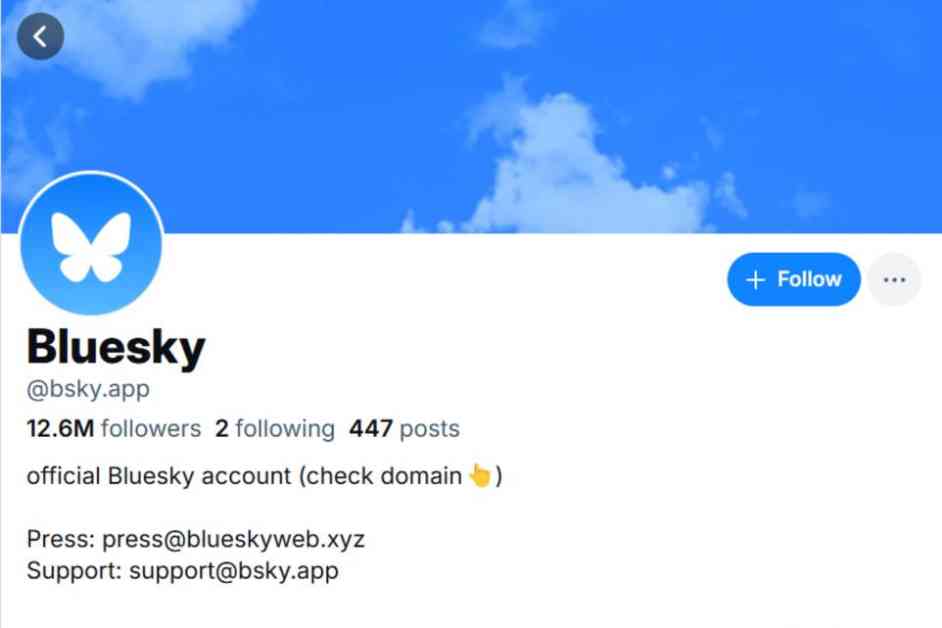Good evening and welcome to Media Watch. This week we bring you up to speed with the evolution of Bluesky, while looking at anger over the BBC’s coverage of an arrest warrant being issued for Israeli Prime Minister Benjamin Netanyahu.
Bluesky, the latest social media craze, has been making waves in the online world, especially after the US election. Owned by billionaire Elon Musk, who was a supporter of President Donald Trump, Bluesky has seen a surge in sign-ups. Many users are looking to distance themselves from other platforms due to Musk’s controversial involvement with Trump.
Developed by Twitter co-founder Jack Dorsey, Bluesky offers a simpler and more familiar user experience akin to the early days of Twitter. This has attracted around one million sign-ups per day, with some users leaving other platforms like Twitter for Bluesky.
The Guardian, a major news outlet, has already left Twitter citing it as a “toxic media platform.” However, Prime Minister Keir Starmer has stated that there are no plans for the government to join Bluesky, emphasizing the importance of reaching a wide audience through existing channels.
As Bluesky continues to gain momentum with 3.5 million daily active users, its influence in the social media landscape is on the rise. It remains to be seen how this growth will impact the way people consume news and information online.
On another note, the BBC faced criticism for its coverage of the ICC issuing an arrest warrant for Israeli Prime Minister Benjamin Netanyahu. The lack of details on the alleged war crimes committed by Israel and the absence of Palestinian victims’ voices in the report drew backlash from various groups.
The ICC’s arrest warrants for Netanyahu, former Israeli defense minister Yoav Gallant, and Hamas commander Mohammed Deif are based on accusations of war crimes and crimes against humanity. The court highlighted the widespread and systematic attacks on the civilian population of Gaza as the basis for these warrants.
With the UK legally obliged to arrest Netanyahu if he enters British soil under the Rome Statute, which is part of UK domestic law, the implications of these arrest warrants are significant. The BBC’s coverage of this development has raised questions about the representation of victims and the accountability of those accused of such crimes.
Overall, the emergence of Bluesky and the controversies surrounding the ICC arrest warrant highlight the evolving landscape of media coverage and social media platforms in today’s interconnected world. As these stories continue to unfold, it is important for journalists and media outlets to provide accurate and comprehensive information to the public.












